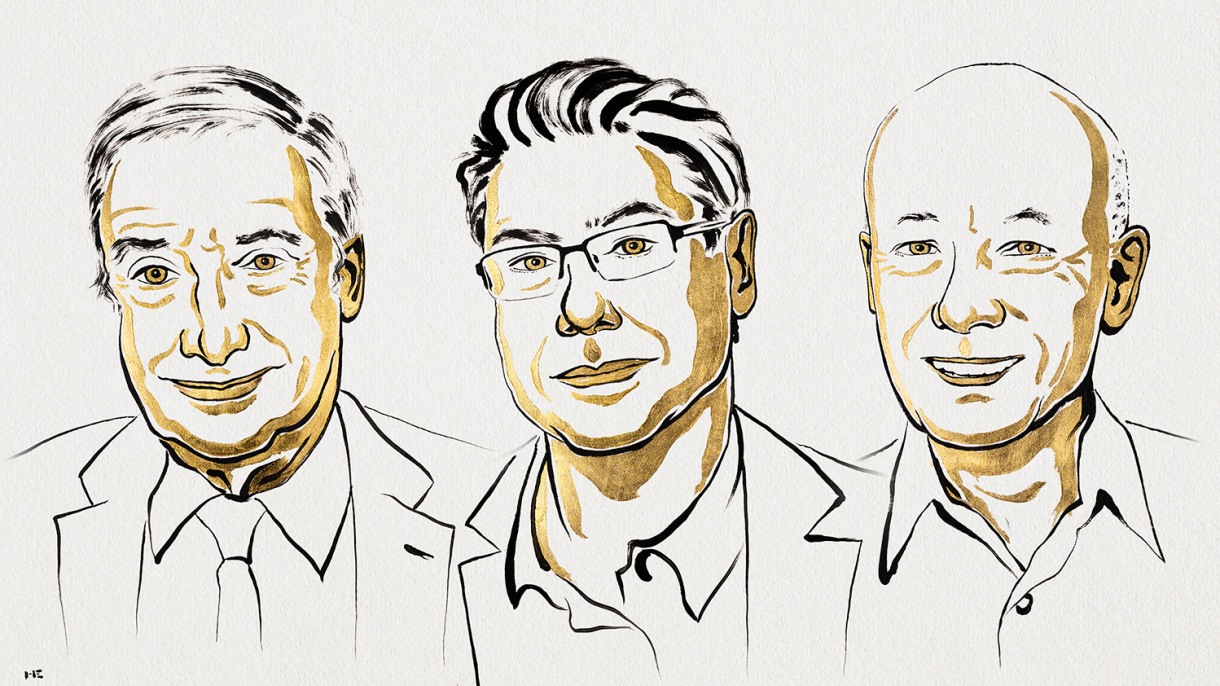PROVIDENCE, R.I. [Brown University] — The Royal Swedish Academy of Sciences has honored Peter Howitt, professor emeritus of economics at Brown University, with the Nobel Prize in Economic Sciences, recognizing his contributions to understanding long-term economic expansion through innovation-driven transformation. Howitt shares half of the award with Philippe Aghion from the Collège de France, INSEAD, and the London School of Economics, while the other half goes to Joel Mokyr of Northwestern University.
The Academy highlighted that, for the first time in human history, continuous economic advancement has occurred over the past 200 years, drastically reducing poverty and shaping modern prosperity. This year’s recipients are credited with explaining how technological breakthroughs serve as catalysts for ongoing development. Their research emphasizes that progress stems not from steady accumulation but from disruptive change—where new ideas replace outdated systems.
Brown University President Christina H. Paxson praised Howitt’s achievement, noting the significance of academic inquiry in driving real-world innovation.
“We are immensely proud that Professor Howitt, a valued member of our academic community, has been awarded the most prestigious distinction in economics,” Paxson stated. “As societies grapple with rapid technological shifts, his insights into the dynamics of innovation will be increasingly relevant globally.”
Howitt admitted he did not anticipate receiving the honor. He had not even left his phone on overnight and had no celebratory drink ready. “I didn’t expect the call,” he said. “So I wasn’t prepared.”
News of the award reached him indirectly when journalists began calling his wife’s phone. One call displayed a Swedish number, prompting him to suggest she answer. “Oh, I said, I think you better answer,” Howitt recalled.
His collaborative work with Aghion explored how technological evolution fuels sustained economic development. According to their framework, growth arises when inventions enhance productivity across sectors. However, such advances also displace workers and industries reliant on older technologies, creating both opportunities and challenges.
“The core concept is that economic advancement hinges on technological evolution,” Howitt explained. “New innovations unlock possibilities for greater efficiency and output, benefiting society broadly. Yet, they simultaneously undermine existing forms of capital—both human and physical—leaving some individuals behind in the process.”
— news from Brown University
— News Original —
Brown University economics professor Peter Howitt wins Nobel Prize in Economic Sciences
PROVIDENCE, R.I. [Brown University] — The Royal Swedish Academy of Sciences has awarded Brown University Professor Emeritus Peter Howitt the Nobel Prize in Economic Sciences for “for the theory of sustained growth through creative destruction.” n nHowitt is a professor emeritus of economics at Brown, where he joined the faculty in 2000. He shares one half of the Nobel Prize with Philippe Aghion of the Collège de France and INSEAD in Paris and the London School of Economics and Political Science in the United Kingdom; the other half was awarded to Joel Mokyr of Northwestern University. n n“Over the last two centuries, for the first time in history, the world has seen sustained economic growth,” the Royal Swedish Academy of Sciences stated in its news release. “This has lifted vast numbers of people out of poverty and laid the foundation of our prosperity. This year’s laureates in economic sciences, Joel Mokyr, Philippe Aghion and Peter Howitt, explain how innovation provides the impe xadtus for further progress.” n nBrown University President Christina H. Paxson congratulated Howitt for being recognized with the world’s highest prize for economics. n n“We are proud and deeply honored that the work of Professor Howitt, one of our esteemed faculty, has received the international recognition of a Nobel Prize,” Paxson said. “At a time when the role of research in sparking innovation in new technologies is so prominent in discussions about our changing society, I’m sure that people around the world will appreciate learning more about Professor Howitt’s work, along with the contributions of the other prize winners.” n nHowitt said that while he was aware of the influence his work with Aghion has had, he wasn’t expecting the Nobel committee to come calling. n n“I didn’t bother to turn my phone on overnight,” Howitt said. “I have no champagne in the refrigerator. So this is all really quite a shock to me.” n nHe first learned of the prize through several calls from a reporter to his wife’s phone. n n“Someone had found a way to reach her,” Howitt said. “It was a number from Sweden. Oh, I said, I think you better answer.” n nHowitt and Aghion studied the mechanisms behind sustained growth, specifically the ways in which new technologies can affect growth over time. n n“The idea [is] that economic growth is driven by technological progress,” Howitt said. “Technological progress comes from new inventions and innovations that open up all sorts of possibility to make us all more productive, but at the same time as it produces these great benefits for most of society, it also generates a lot of harm for certain people whose human capital or physical capital is rendered obsolete by these new ideas.”
